I recently spoke with Daniel Boyd, co-author of the illustrated novel Death Falcon Zero vs. The Zombie Slug Lords. Daniel is both an acclaimed filmmaker and film professor at West Virginia State University, who several years ago entered pro wrestling at the ripe age of 48. His wrestling alter ego, Professor Danger, appears in the book alongside his fellow Grapes of Wrath tag team members, Raw Talent and the titular Death Falcon a.k.a. William Bitner, who also wrote.
I won’t elaborate further on the book (a preview can be found here: Death Falcon Zero), but Mr Boyd’s frank observations will not only interest wrestling fans but anyone invested in seeing their crazy ideas make it to print.
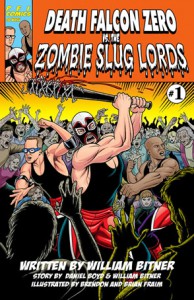
Could you very briefly tell us about Death Falcon Zero vs. the Zombie Slug Lords?
DB: The project started as a feature film. I’ve been a filmmaker by trade, and we actually shot the foreign portions of the film, the Czech Republic and Tanzania scenes, and we just realised that it was going to be too huge a Megillah to do on the budget we had. So Bill and I – William Bitner, who is also known as Death Falcon Zero – went back to another love that we had; graphic novels and pulp fiction. Really, our idea was to create a pulp fiction with illustrations. So that was my segue from filmmaking now into publishing.
You’ve written and directed films such as Chillers – which I can imagine had a stretched budget. Did the move to illustrated prose allow you to write scenes that would have originally proven too expensive, or was there now a temptation to get carried away with dialogue?
Chiller is just one of 30 movies that I’ve made. Yes, budget was certainly a factor, but writing is writing is writing, and storytelling is storytelling. And I teach my students – I really am a professor in real life – that nearly every entertainment form follows your basic three acts: set up, complication, resolution. But the transition from screenplay to pulp novel was a pretty easy one.
How did the writing process differ for prose? Would you say the unlimited storytelling possibilities that the form allows ever expanded/limited your ideas?
Absolutely, yeah, I’m glad you asked. I have a whole box full of scripts that I’ve never made into movies in my over 30 years in the business, and what this book has done is liberated me. It’s made me realise “holy cow, I can make any creative work I want now because I’m not limited to the chicken shit budgets that I usually have to work with on my movies.” I’m 52 years old and I’ve made around 30 movies, but I don’t have to make movies any more. I don’t have the drive I did as a youth and a young professional that I had to do something, but I still have to create, and this moving into prose, and possibly eventually in the form of a graphic novel…
Is a fully illustrated, sequential art adaptation of Death Falcon Zero vs. The Zombie Slug Lords a plan?
Actually yeah. I have a call after I’m finished with you, with Robert Tinnell, who has been a great friend of mine, another West Virginian. He’s a filmmaker, and we started our careers together; he did Surf Nazis Must Die for Troma back in the 80s. But he’s co-author of the [comic series] Wicked West and Feast of the Seven Fishes and he was a great consultant to help Bill and I transition into this world. He found us the Fraim brothers, who illustrated the book. At any rate, I’m going to talk to him about co-writing something that’s more in the graphic novel world. But on the other hand I really like this illustrated novel, as opposed to graphic novel, as its closer to a full blown book. So I don’t know Carl, I’m in a rare time which in the movie business we call turnaround. Turnaround is when you’re between projects, and I can’t remember a time – and it’s literally been years – since I found myself in this position.
Has the growth of the internet in the last decade, and self-publishing outlets such as Amazon, made a project such as Death Falcon Zero more viable? Do you think it would have been possible 10 years ago?
I don’t know, because I wasn’t into it… I was just so buried in films. But y’know I’m pretty much an optimist. I’m a kid from rural West Virginia that was able to become a filmmaker, and become a professor, and live and teach round the world so I pretty much believe that we can do whatever we want, so if that had been my goal I would have found a way to get there. But this has certainly made it easier. The fact that you and I are having this conversation, to me is still fascinating.
For those who don’t know, the book’s heroes, Death Falcon and Professor Danger are based on your tag teams professional alter egos, and it also feature numerous other pro wrestlers and local personalities. Though those entities are technically speaking fictitious characters invented for the ring, did their expansion into zombie slaying prove difficult?
Well, any wrestling gimmick is, I contend, based on each person for real. William Bitner is much more like Death Falcon Zero than he would ever admit. And Professor Danger… I am a professor in real life. I’m not nearly as brilliant as the character that we portray, but I’m a bit of a nerd, and I’m not a big massive monster wrestler, and Bill and I really kind of despise each other most of the time in our real lives. So it’s a lot of life imitating art there.
Also, the slaying the zombies… even in my filmmaking I realize that there has to be suspension of disbelief, but there also has to be believability. Who’s going to believe a 50 year-old pro wrestler brought back to life? So you have to gimmick it up, and the professor, in this case has other strengths that he’s fostered even in his younger days as a combatant. So we really tried to retrofit it to who we really are. Now Death Falcon Zero and Raw Talent, they’re both excellent wrestlers. Death Falcon is up in age, he’s the same age as me, but there’s probably 500 wrestling matches between the 3 of us, so there’s plenty of ring experience.
You and William Bitner have both wrestled professionally, though I can only assume you’ve never grappled the undead. What would you say this level of professional experience brings to the book?
Yeah, it helped a lot, learning it from the inside. We wanted to make it very authentic, but to be honest I probably learned all I need to learn within 6 months from this obsession with pro wrestling, now moving towards 5 years or more. Something I was just going to do for a few months because I always enjoyed it. So the book is kind of been an excuse or justification for this crazy ride that I’ve been on as a pro wrestler.
Many people seem to be surprised by the level of camaraderie seen in Films such as the documentary Beyond the Mat and portrayed in the recent movie The Wrestler. I’m not the first person to observe that in many ways the wrestling world is not unlike that of the superhero, with clearly defined heroes and villains. Why would you say that there are so few wrestlers in comic books?
You know, I really don’t understand that, Carl, because I feel like I’m a pretty good barometer of entertainment. I mean, I’m a kid that pretty much enjoyed any genre or any form of entertainment that there is. That coupled with what Mexico did with the lucha libre scene of the 60s, 70s and 80s, where they took the superhero and made him a real person beneath the mask, and created a gigantic enterprise of comic books and movies and live performance. I don’t know, I mean it’s perplexing, and that’s why with this new surge of superheroes going to the screen, we might be in the right place at the right time with this lucha community. I think our book has more in common with the Mexican lucha libre scene than the American professional wrestling scene. So I hope that we’re on the cutting edge of redefining that era.
(I mention that shelfabuse.com has received numerous visitors via the search term “wrestling graphic novel”)
Well that’s very good news. See, I don’t have any stroke in the comic world. I have stroke in the movie world, because I spent a lot of time in it, so I’ve had to call all my old friends to sort of lead me in as I have in different enterprises. I’m hoping that I can get into the world of Image or Dark Horse or those guys to now pitch ideas, due to the success of our Death Falcon Zero book.
The most apparent influences in Death Falcon Zero are wrestling and zombie movies. What other films, comics or books were you influenced by?
I have to be honest with you, and tell you that I haven’t read comics since I was a child, until we started adapting this as a book 2 years ago. Since that time I’ve revisited those 30 years that I’ve missed, and I’ve read everything that I can put my hands on. As a child I was a DC comics kid – I was not into Marvel, but I had every single DC comic; Flash, Batman, Justice League, Superman, all that. As a college student – and remember, I went to school in the 70s – I was an R. Crumb fan and of the Fabulous Freak Brothers… that were representative of my time. And now being born again into comics, graphic novels, I’ve tried to consume them all. I found it very exciting that you had a review of our book right next to Black Hole, which I thought was brilliant, because that was an example of what comics have become. Those people were all my age, so I found that very engaging.
How was it working with the Brothers Fraim? Did you give them much direction for their images?
Well, it was a very interesting process, because again, this was the first time I’ve ever done this, and I’ve never met them. They really are twin brothers. Bob Tinnell has met them; he hooked me up with them. Basically, they read the manuscript and interpreted it and gave their sketch suggestions, and we pretty much wanted to give them creative reign. The only disagreements we had were that there were certain characters that they had to include, because a lot of characters in the book are based on real wrestlers. Some very famous, some not so famous, but all people that we liked and worked with. But it was a very interesting process. Again, I’ve never laid eyes on these guys. I’ve had one phone conversation with them well over a year ago, and everything else has been through email.
So back to the question of “do you think I could have done this ten years ago?” Well… certainly this whole way of working is quite interesting. It was a very exciting creative process. Now like any kind of creative people, they’re peculiar, and I’ve learnt this in the filmmaking industry. Artists are going to be somewhat… the nice word is peculiar. So we were careful with how we handled each other through this process.
How have other wrestlers reacted to the book, and their portrayal within it?
Oh they love it! Again back to my history in this crazy sport that I seem to have to justify every day, people are like, “Danny, you’re a scholar, a successful filmmaker, why in the hell would you want to get involved with professional wrestling?” And I can’t explain it except that it’s really in so many ways the most wonderful art form that I’ve ever come across… and that’s a whole other volume to go into. But wrestlers are really movie marks, a mark meaning a fan. They’re comic marks, they’re monster movie marks, they love all the things that you and I love, Carl. The kitsch and the elements of the fantastic that we’re drawn to, all sort of come together, plus physicality, in the professional wrestling world. Anyway, for a chance for them to expose themselves in a more, let us say, semi-legitimate way was very exciting.
Wrestling and comics are similar in that they were massive in the 80s and early 90s, but interest in both has waned considerably over the last decade. Death Falcon Zero definitely appears to have captured the essence of Troma’s purple patch – why do you think the market has moved away from the goofy comedy horror genre of the 80s to the bland and severe “torture porn” of today?
I think we were also at fault a little bit, in that we saturated the market with too much crap. That time made my career; I was in the right place at the right time as a young independent filmmaker because of the boom in video, where you could get a lot of things out and reach an international audience. But I think that really most of the blame – this is going to sound really Orwellian – can always be placed on the majors. You know, the very few major corporations that control the media. In your world, publishing. The major motion picture studios. The major publishing companies. So they pretty much decide what’s going to filter through and get the promotion. Now a little products can get out, like ours, but if it’s not properly promoted it’s not going to see the light of day. And that’s the best opinion I can give on that.
On a lighter note: Profits from the book will go to New Covenant Community Development, Inc. tell me a bit about the charity, and why you chose it.
Well… first of all, I confess to you, it’s not totally being altruistic. I teach my students every day, the best way to create is to have a message, to have a theme, have something you want to say. I don’t want to preach, and I always use the example of Rod Sterling’s Twilight Zone. Definitely a work of the fantastic, of extreme fantastic, but always a message or a moral there. And even as schlocky as Death Falcon Zero is, it’s really addressing the decay of our inner cities. Even in, you know, Bumfuck West Virginia we have our inner city problems; drugs and breakdown of civility and those sort of things.
In this West Side of Charleston we have the Reverend Ealy’s New Covenant Development Center, which is literally a church at ground zero of the worst part of the West Side that is an after school program for at risk children and a senior centre. Reverend Ealy is actually a character in the book, though he is portrayed as the Reverend James. First and foremost we wanted to personify the real horrors we sensationalise and Reverend Ealy’s efforts do that. Secondly, it just made good business sense; this is not a huge money maker, and the way to take the greed out of it is to tell all of the participants “it’s a non profit project” so no one says “what’s my cut?” The cut is there is no cut. So it was also smart marketing on my part, and obviously it got your attention, and it’s got other media attention as well. It’s a way to pimp a product and I’m happy to do it. As I say, it’s not a huge pay day no matter what, but it might make a few shillings, and it can bring a little attention not only to us and our enterprise but to this good will organisation.
Are there any future fictional escapades planned for Death Falcon Zero, Raw Talent and Professor Danger?
I’ll confess something to you. Last night we did a national internet radio interview, and it was the last time Bill and I had probably spoken to each other in six months. So like I said, we sort of butt heads, much like Death Falcon and Professor Danger. Nevertheless, I believe in this brand. I worked very hard to create this brand of the Grapes of Wrath – which is our tag team – so every time I think I want to kill every one of those bastards, I think “I’ve got a lot invested in this brand.” So I want to keep my mind open to other possibilities. And I don’t want to tell you too much, but the [book’s] ending has a lot with that question that you asked me.
To find out more about Death Falcon Zero vs. The Zombie Slug Lords, visit www.grapesofwrath.biz
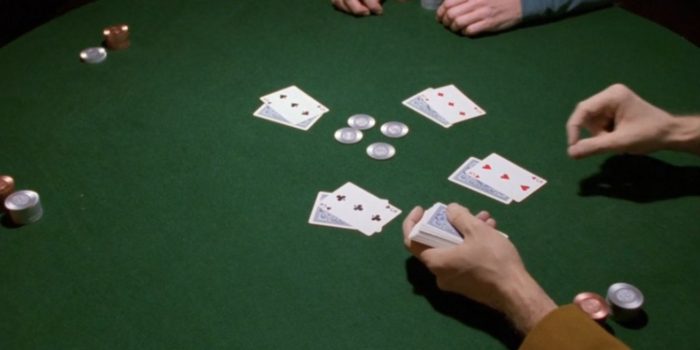
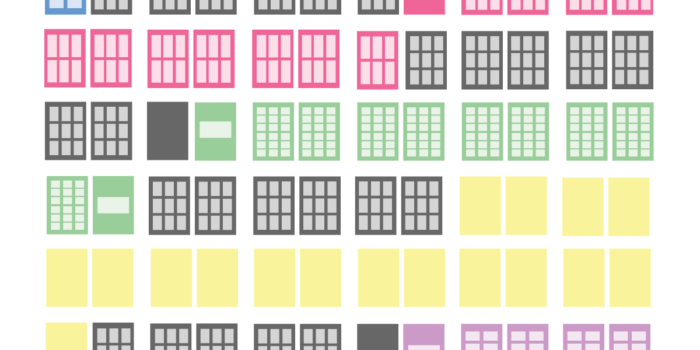
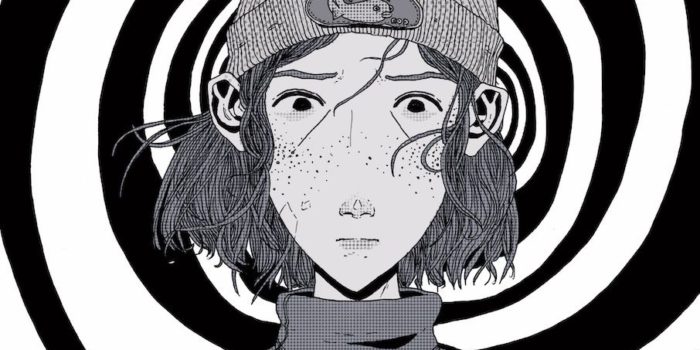
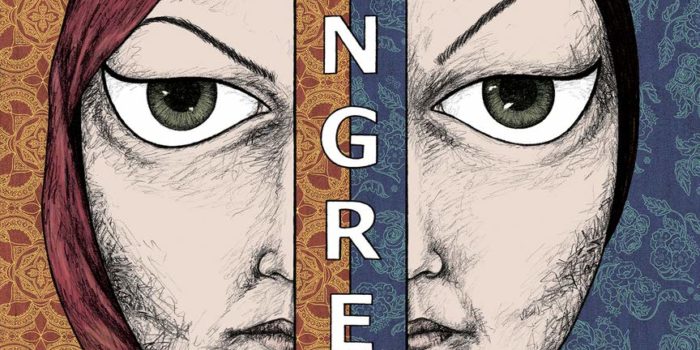
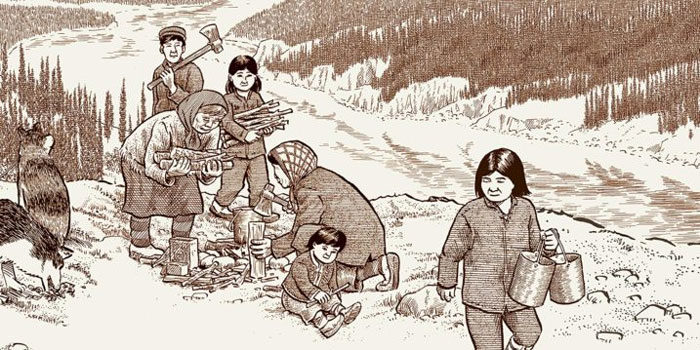
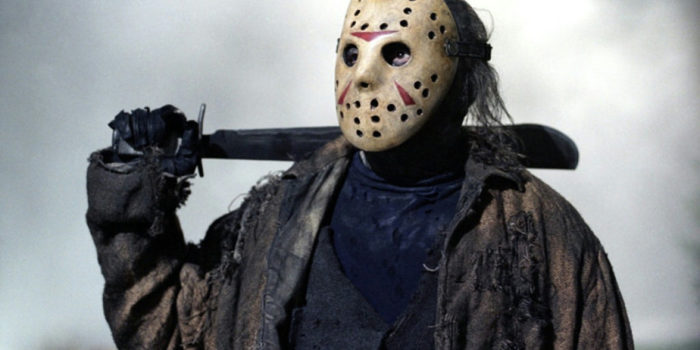
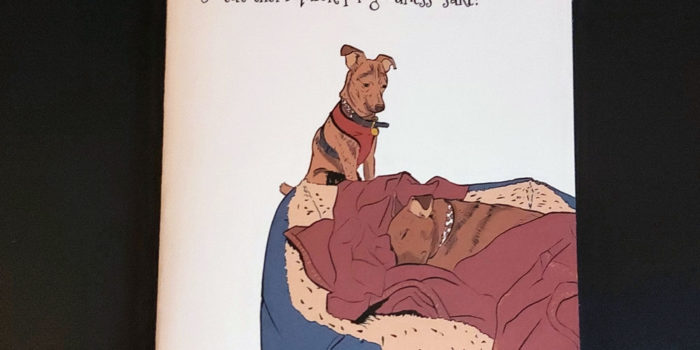
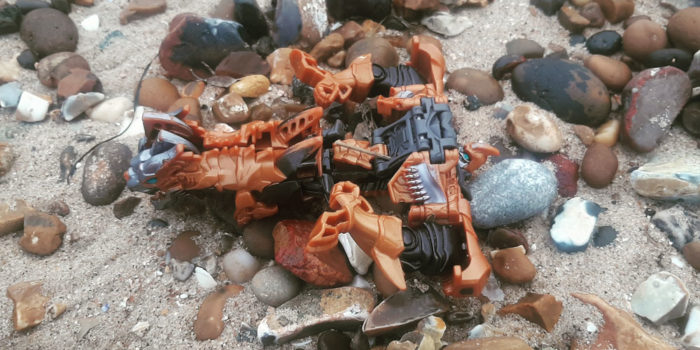
Leave a Reply